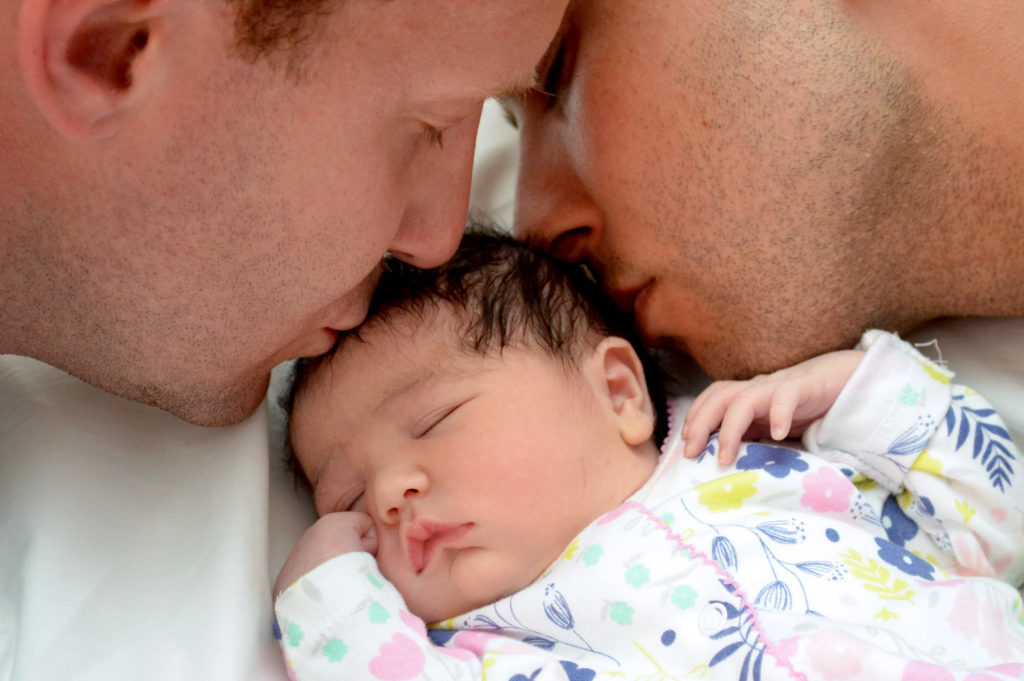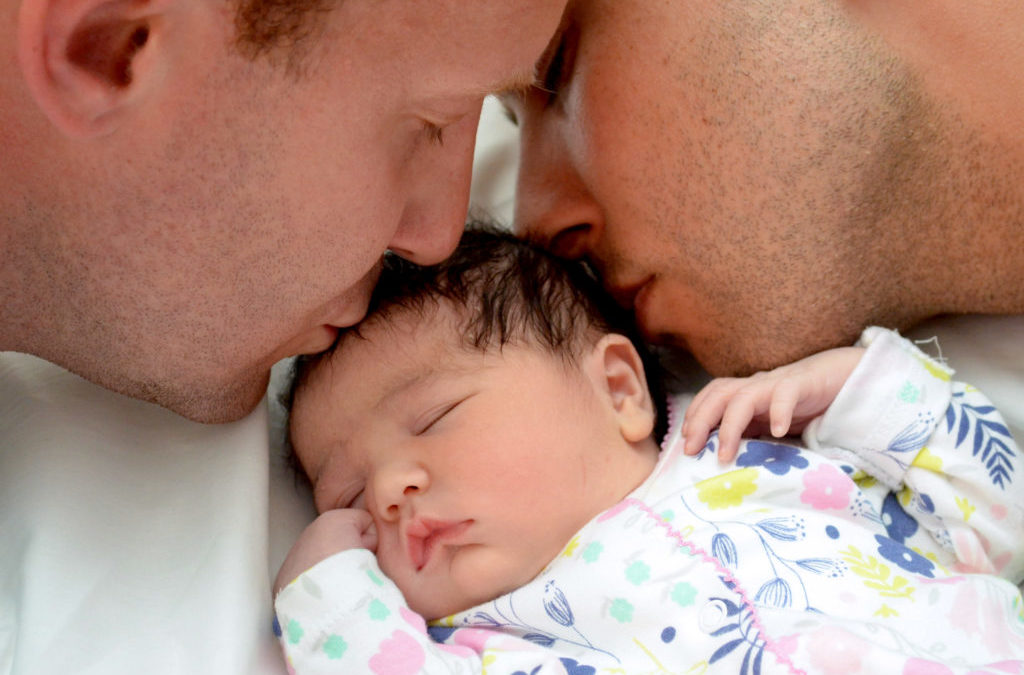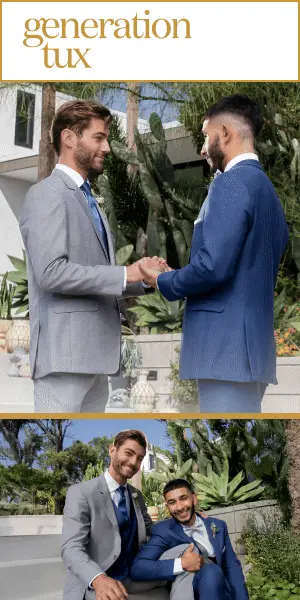LGBTQ+ families could be negatively impacted by a new Trump policy putting restrictions on citizenship access to children born abroad to U.S. military service members and federal employees, according to some LGBTQ+ advocacy groups.
Essentially, the new policy limits the definition of “residency” when it comes to parents transferring their U.S. citizenship to their children born overseas.
The current policy states children born to parents stationed abroad are legally U.S. citizens at birth because they are considered to be “residing in the United States.” The new policy that goes into effect Oct. 29, however, limits what “residency” means and requires certain individuals apply for U.S. citizenship for their children.
Those who would be required to apply for citizenship for their children include those who adopt children overseas, parents who weren’t citizens when they were born, and children of citizens who did not meet residency requirements needed to automatically transfer citizenship to their child at birth.
For LGBTQ+ parents who adopt or use egg donors overseas, the new policy could only add extra red tape to their children gaining U.S. citizenship, said Peter Perkowski, legal and policy director at Modern Military Association of America, the nation’s largest nonprofit group serving LGBTQ+ military servicemembers and veterans.
“We are very concerned about how this new policy may affect our LGBTQ servicemembers looking to adopt or use surrogates, sperm or egg donors or IVF,” Perkowski said, according to The Hill.
“Our nation’s modern military families deserve better than this, and the last thing they should have to worry about is going through extra hoops in order to ensure their children are U.S. citizens,” Perkowski added. “We continue to urge Congress to look into this new policy and hold this administration accountable.”
Although immigration experts say the new policy does not specifically target LGBTQ+ people, it likely affects them more than others.
“While this policy does not specifically target LGBTQ people, it does appear to disenfranchise many Americans who represent this nation overseas,” said Aaron C. Morris, executive director of Immigration Equality, an LGBTQ+ immigrant rights organization.

Immigration Equality is currently suing the State Department on behalf of a same-sex Georgia couple (pictured above) for not granting their adopted daughter U.S. citizenship.
Acting USCIS Director Ken Cuccinelli issued a statement that the rule does not affect birthright citizenship and was only made to align the USCIS residency requirements with the State Department’s requirements following backlash and confusion about who the new policy affects.
“This policy update does not affect who is born a U.S. citizen, period. This only affects children who were born outside the United States and were not U.S. citizens,” he said.
“This does not impact birthright citizenship. This policy update does not deny citizenship to the children of U.S. government employees or members of the military born abroad. This policy aligns USCIS’ process with the Department of State’s procedure, that’s it,” he said.
Federal officials have also said the new policy would only impact between 25 to 100 families a year.
But the new rule is the last thing military families should have to deal with when stationed overseas to ensure their children are U.S. citizens, Modern Military Association of America Executive Director Andy Blevins said.
“Military members already have enough to deal with, and the last thing that they should have to do when stationed overseas is go through hoops to ensure their children are US citizens,” he said, according to Newsweek.
“We urge Congress to take action to ensure our military families don’t suffer the consequences of a reckless administration.”
MOST VIEWED STORIES
- The Rise of Weddings With Long-Lasting Investments: Benefits Beyond The Big Day
- How to have a green wedding that Mother Earth would attend
- Simplify wedding communication with digital engagement announcements and thank you cards
- A Spiritual and Earthy Elopement at Lassen Volcanic National Park
- Food Trucks, Craft Booze and Cultural Fusions: How New England Weddings Are Changing the Game




























